California Legislation Seeks To Reform Tire Recycling Program
The California Assembly passed legislation June 2 that its authors say will increase tire recycling in the state.
AB 1239, authored by Assemblymember Rich Gordon (D-Menlo Park) and Assembly Speaker Toni Atkins (D-San Diego), is projected to help expand the state’s tire recycling infrastructure to reduce greenhouse gases, create jobs, and cut the statewide and local costs associated with tire pile cleanup.
The bill would provide incentive payments to increase the state’s stagnant recycling rate and allow recyclers to compete with disposal, export and illegal dumping alternatives.
Specifically, AB 1239 would issue incentive payments to end-users of recycled tires as well as manufacturers who produce consumer products using recycled tires.
“This is a model that has proven successful for other recycled materials (including the state’s Electronic Waste Recycling Program and the Beverage Container Recycling Program), and multiple statewide studies (going back over two decades) have recommended a similar approach to increasing tire recycling,” Nick Lapis, Legislative Coordinator for Californians Against Waste (CAW), said.
CAW is sponsoring AB 1239 which was first approved April 27, 2015 by the Assembly Committee on Natural Resources. Following the bill’s June 2nd passage by the California Assembly, it was sent to the Senate and is awaiting hearing before the Senate Environment Committee.
Under existing law, Californians pay a $1.75 per tire recycling fee on the purchase of new tires. Revenues from the fee are deposited in the California Tire Recycling Management Fund, which funds the state’s waste tire program. Existing law authorizes the Department of Resources Recycling and Recovery (CalRecycle) to use the monies to run the waste tire program including to pay for the costs associated with a waste tire and used tire hauler program and manifest system.
After January 1, 2024, existing law reduces the tire fee to $0.75 per tire.
Existing law also requires any person generating waste tires or used tires to complete a California Uniform Waste and Used Tire Manifest and requires a generator to provide the manifest to the waste and used tire hauler at the time of transfer of the tires, and to submit to the department, on a quarterly schedule, a legible copy of each manifest.
The proposed bill would require a waste tire generator who is a retail seller of new tires to end use purchasers to pay a California tire regulatory tire fee to offset the regulatory costs associated with the management of the Used Tire Manifest program including audits, inspections, administrative costs, adjudications, manifesting, registration, and other regulatory activities related to retail sellers as generators of waste tires.
The California Tire Recycling Program established under existing law provides for grants and a waste tire incentive payment program to promote increased demand for waste tires recycled in the state. Under the current law, until June 30, 2019, the Rubberized Pavement Market Development Act provides for the award of grants to certain public agency projects that use rubberized asphalt concrete.
AB 1239 would repeal the Rubberized Pavement Market Development Act and instead enact the Tire Recycling Incentive Program Act. The bill would require the department, in accordance with the tire recycling program, to establish this incentive program to award payments to eligible recipients in the amount of $2 for every 12 pounds of crumb rubber used by the eligible recipient. The bill would require the department, while the existing tire fee remains greater than or equal to $1.75 per tire, to annually allocate $30,000,000 for the tire recycling incentive program.
© Scrap Tire News, July 2015






